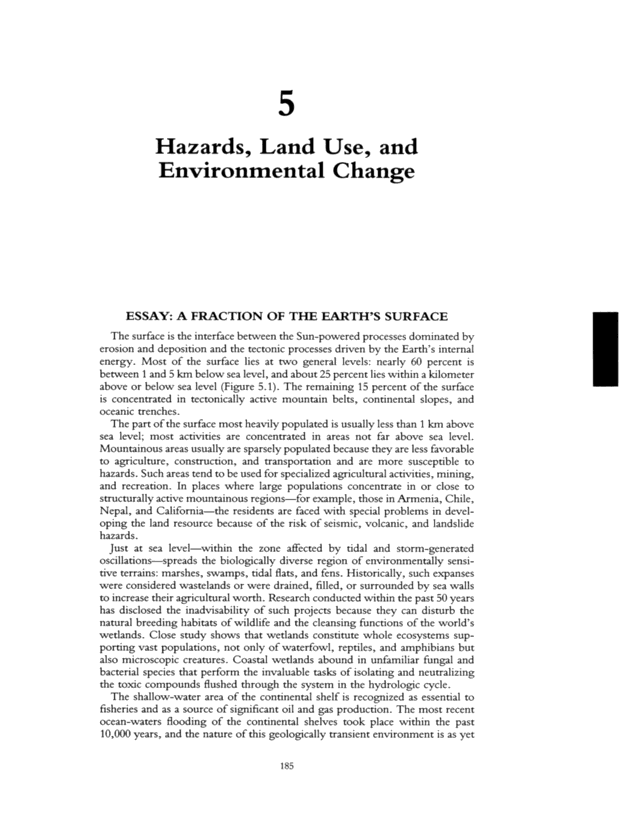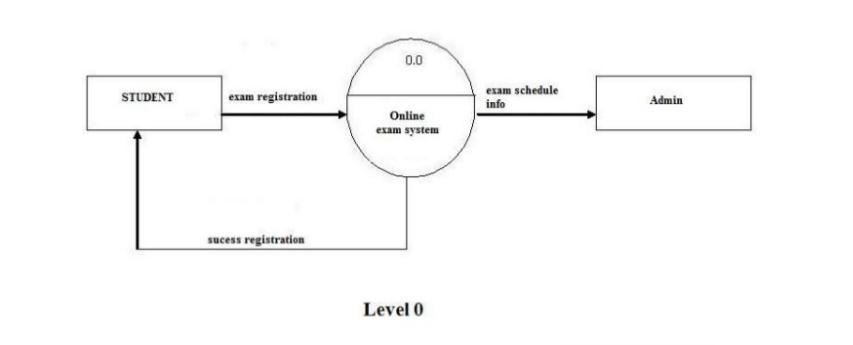Capacity and Medical Consent - Law Teacher.
The Mental Capacity Act (MCA 2005) aims to protect patients who do not have the capacity to give informed consent. For example if a patient is incapable of making a decision, maybe unable to communicate after a severe stroke or has head injuries as a result of a traffic accident, treatment can go ahead in the best interest of the patient.Consent and its influence on Nursing Practice. This assignment will discuss consent and how it influences nursing practice in my area of study, which is adult nursing. According to the Nursing and Midwifery Council Code of Conduct (NMC, 2008), states that healthcare professionals must presumed patients to have the mental capacity to accept or.Overview. If you can’t make decisions for yourself because you don’t have the mental capacity to make them, the Mental Capacity Act 2005 tells you what you can do to plan ahead, how you can ask someone else to make decisions for you and who can make decisions for you if you haven't planned ahead.
The ability to make these decisions is called mental capacity. Treatment refusal is commonly seen and heard in hospitals and care home. Most of these individuals rejecting treatment are wishing to apply and use the rights of self determination or decisional ability. Consent is vital in any medical treatment. It is the first tool needed before any treatment intervention. Moreover, it seems like.The Mental Capacity Act (MCA) is designed to protect and empower people who may lack the mental capacity to make their own decisions about their care and treatment. It applies to people aged 16 and over. It covers decisions about day-to-day things like what to wear or what to buy for the weekly shop, or serious life-changing decisions like.

The act describes what is meant by lack of mental capacity in section 2(1) and provides five principles that must underpin practice (section 1(2)-(6)). Brown et al (2013) provide a helpful practitioner’s guide to these principles in their book The Mental Capacity Act 2005: A Guide for Practice.












